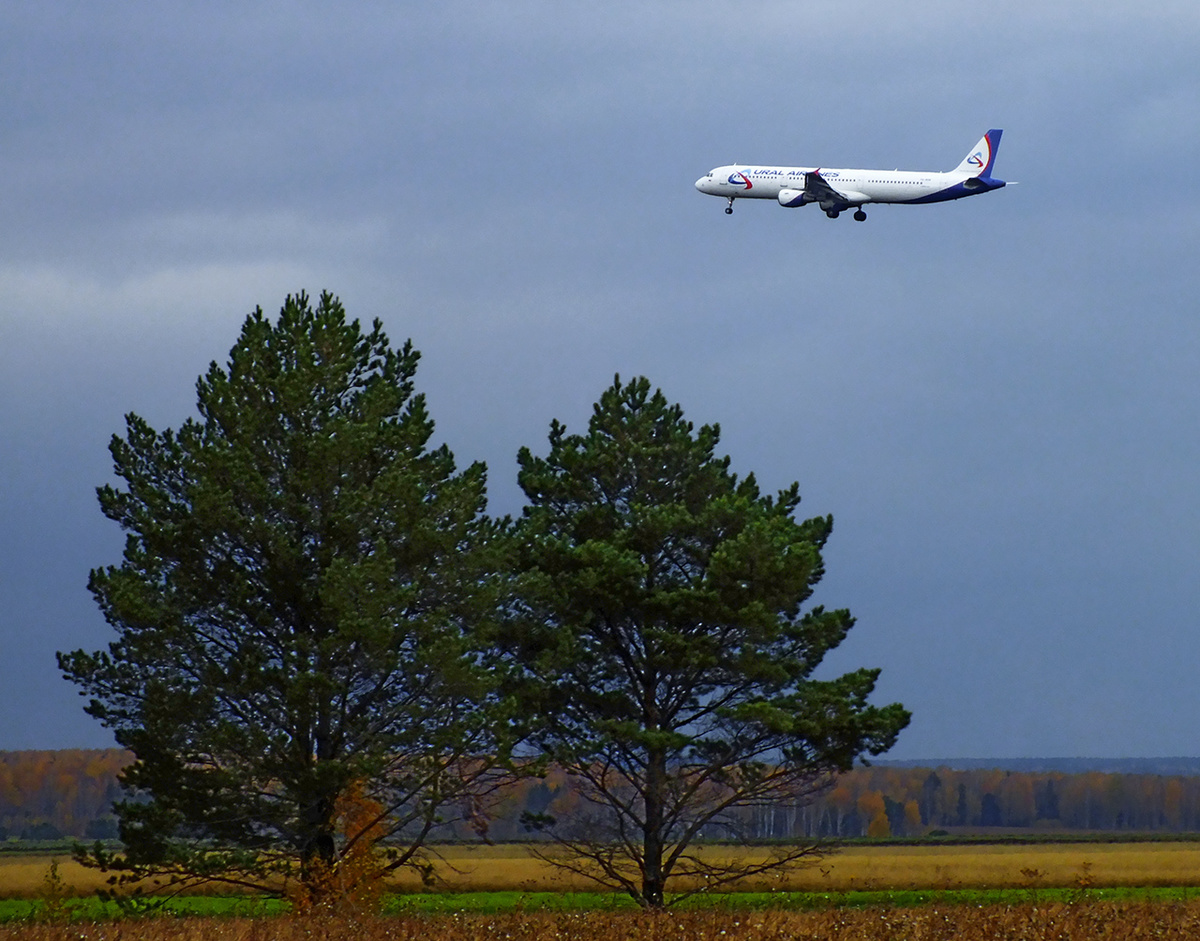In Germany, it is proposed to at least double the air traffic tax, reduce the number of flights and shift to the domestic railroad transport. This initiative was presented in Berlin by the Federal Environmental Agency (Umweltbundesamt, UBA) at the conference Aviation of the Future held in early November this year.
The UBA presented a concept for eco-friendly air transport that reduces the impact on the climate, the environment and people as much as possible.
In particular, the proposals include alignment of air tax contributions with those of other means of transport, the introduction of noise quotas to airports, the transfer of intra-German flights to rail services and the promotion of climate-neutral fuels.
“Flying is the most polluting way to get around, so we want to reduce the number of flights by shifting to rail services, but also reducing the environmental impact of flying as much as possible. So far, aviation only pays about one-tenth of what other kinds of transport pay in taxes, and cheap tickets for city-to-city travelling are being subsidised massively," said Maria Krautzberger, President of the Federal Environmental Agency.
In 2017 alone, the state lost 8.1 billion euros through the lack of kerosene taxation and 4.2 billion euros through the VAT exemption for cross-border flights.
The UBA proposes to increase the air traffic tax in the short term by 2030 to such a level that the tax profit would compensate for the VAT exemption for cross-border flights. Currently, the revenue from the aviation tax is around 1.2 billion euros - the proposal would therefore correspond to an increase in the aviation tax by about a factor of 3.5. Thus, about 150 euros instead of 41.49 euros of ticket tax would then have to be paid. At the same time, the distance classes should be revised. Moreover, if the ticket tax were to be correlated according to how much noise and emissions the aircraft used cause, cleaner and quieter aircraft would become much more economical.
In addition, the UBA proposes to introduce a national kerosene tax, which will be extended to the EU by 2030.
Direct CO2 emissions from the aircraft can be reduced to zero by replacing kerosene with the so called Power-to-Liquid (PtL) fuels, which are produced from renewable electricity and CO2. In order for these e-fuels to enter the market quickly, the UBA proposes state support for the development of production facilities at home and abroad. In addition, a blending ratio of sustainable PtL in Europe should ensure that fuels swiftly get to the market. This calls for an Aviation Innovation and Demonstration Fund to be set up that would be financed through the use of the revenues from the higher taxes.
Environment-friendly air traffic also requires consistent noise protection. To solve this problem, the UBA proposes a combination of environmentally oriented planning of airports and flight routes and noise quotas for individual airports. According to Maria Krautzberger, "In the future, the planning of airport locations will have to be controlled by the federal government, for example, to selectively expand airports in sparsely populated areas for night flight operations, to protect the population from noises from all the nearby airports at night: from 10 P.M. to 6 A.M." Noise quotas for day-to-day operation would ensure a decrease in the general noise level despite an increase in air traffic.
The best alternative to flying within Germany and its neighbouring countries is the train. The UBA concept envisages that rail linking between urban centres would be improved by 2030 so that they could be reached in less than four hours. Shifting short-haul flights to rail would free up the airports. Maria Krautzberger noted "The rail network in Germany will be so well-developed by 2050 that all scheduled flights between German airports and metropolitan areas will be replaced by the railway." This also applies to many of the shorter cross-border flights. Freight transport also benefits from a high-performance rail: by 2050, fast freight trains, which are also on the railroad at night, should replace domestic freight flights completely.


